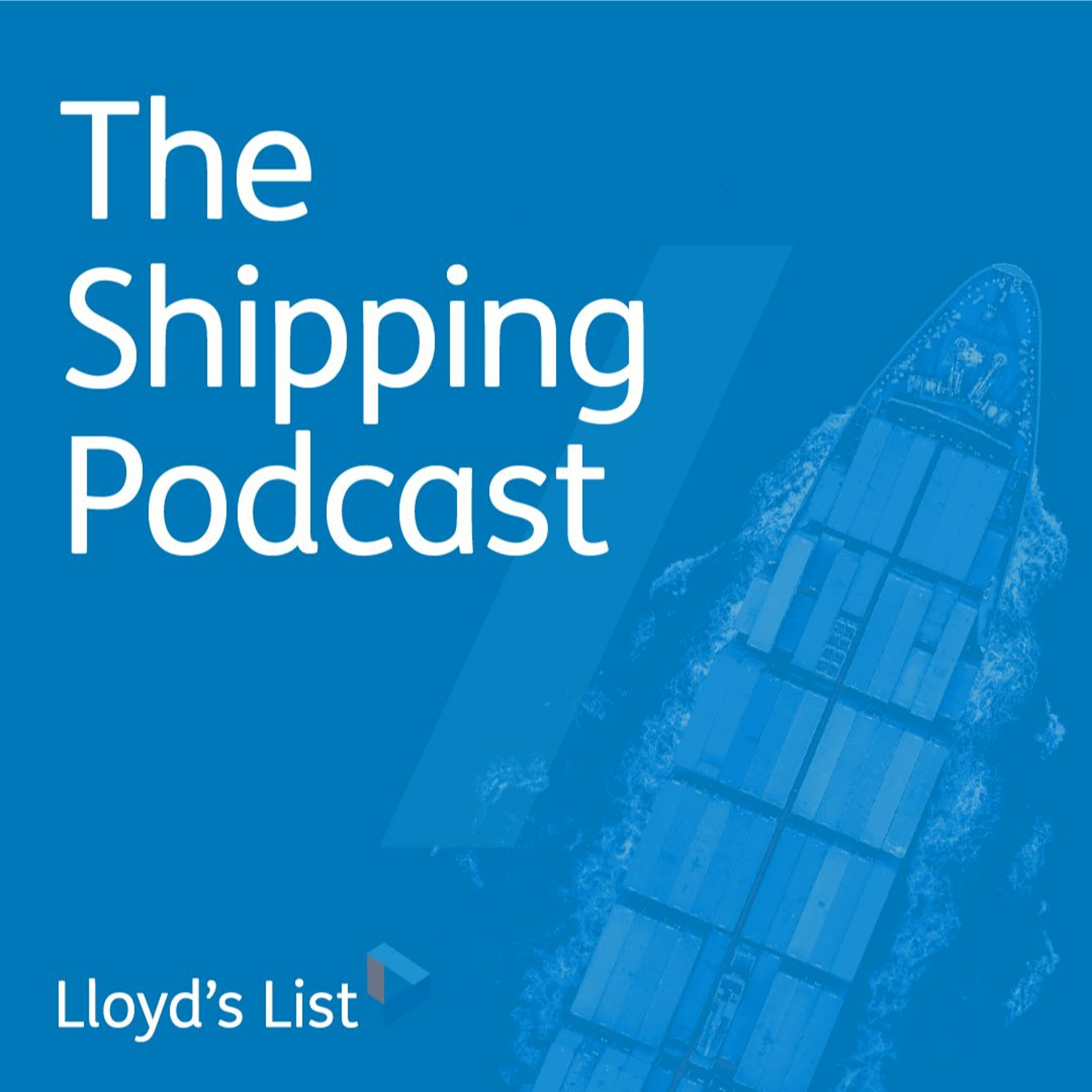
RINA’s transformation enables it to compete at the top level
Lloyd's List: The Shipping Podcast
Shownotes Transcript
SPONSORED CONTENT IN ASSOCIATION WITH RINA:
Classification is deep into its transition to strategic partnership with clients. Indeed, it’s probable that no other sector has changed quite so thoroughly in its vision and mission than class.
What we thought of as certification and verification services have evolved into professional transformation advisors, client sustainability partners, and regulatory experts for an uncertain commercial world.
As is the nature of these things, those who fail to read the writing on the wall early enough will always be a step or two – here, a stage or two in the transition – behind their competitors.
Larger class societies have spent the past five years rethinking their role. These are further along the transition pathway than others – or at least they say they are. There has been a flurry of mergers and acquisitions, as they scrabble to bring onboard a body of expertise they never needed in the conventional confines of class.
Meanwhile, internally, chief execs are making sure every division is aligned with the new vision for the business. Those no longer ‘core’ are found a new home where they can grow and thrive.
One class society currently going through such a transformation is RINA.
Solidly Italian but keen to strengthen its ties in key markets in Europe and Asia; traditionally maritime yet breaking down barriers with energy, industry, and transportation to provide clients with a broader expertise.
RINA Services Chief Executive Paolo Moretti is leading the transformation to strategic partnership.
Mr Moretti graduated as a naval architect and marine engineer from the University of Genoa and has been with RINA since 1997, with assignments to South Korea to oversee the construction of oil and chemical tankers, and to Italy and France for cruise ship and LPG vessel projects.
He led RINA’s marine business between 2011 and 2016, when he was promoted to chief commercial officer.
In this Lloyd’s List podcast, Paolo Moretti explains the reason for diversification into new businesses and the decarbonisation goals that drive change.
He comments on the importance of the marine division collaborating with the energy, industry, and transportation divisions to ensure you learn from each other; and he develops the geographical spread of RINA Services and the two or three countries where investment will be most targeted in future.
RINA’s recent growth has been impressive, although the fanfare of trumpets is noticeably lacking.
Mr Moretti digs into the reasons for this expansion and the platform it offers for future growth. And he tackles one of the most significant challenges facing shipping: how to find talented people with the skills and competencies needed for tasks that haven’t yet been identified.
This podcast offers RINA’s perspective on decarbonisation, digitalisation and diversification – and reveals that transformation has left RINA stronger, agile, and proactive.